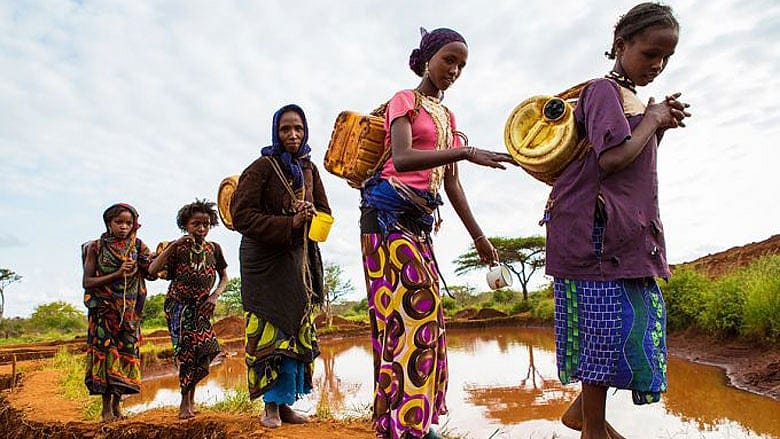Women are drivers of peace and development, Vatican rep tells UN

New York City (CNA/EWTN News) — The Holy See paid homage to all women and girls who have selflessly served others in education, healthcare, and forming the youth and upheld the four Missionaries of Charity murdered in Yemen as an example of women with unwavering dedication to peace.
"My delegation feels duty-bound at this moment to remember with gratitude and sorrow the four Missionary Sisters of the Charity Sister Anselm from India, Sister Marguerite and Sister Reginette from Rwanda, and Sister Judit from Kenya, who were massacred by cowardly fundamentalists on March 4 in Aden, Yemen," a Vatican spokesperson told the United Nations Security Council March 28.

